Constantly drowning in clutter? Here’s how to break the clutter cycle before it starts
These five mindful shopping habits are the best way to stop clutter before it starts, experts say
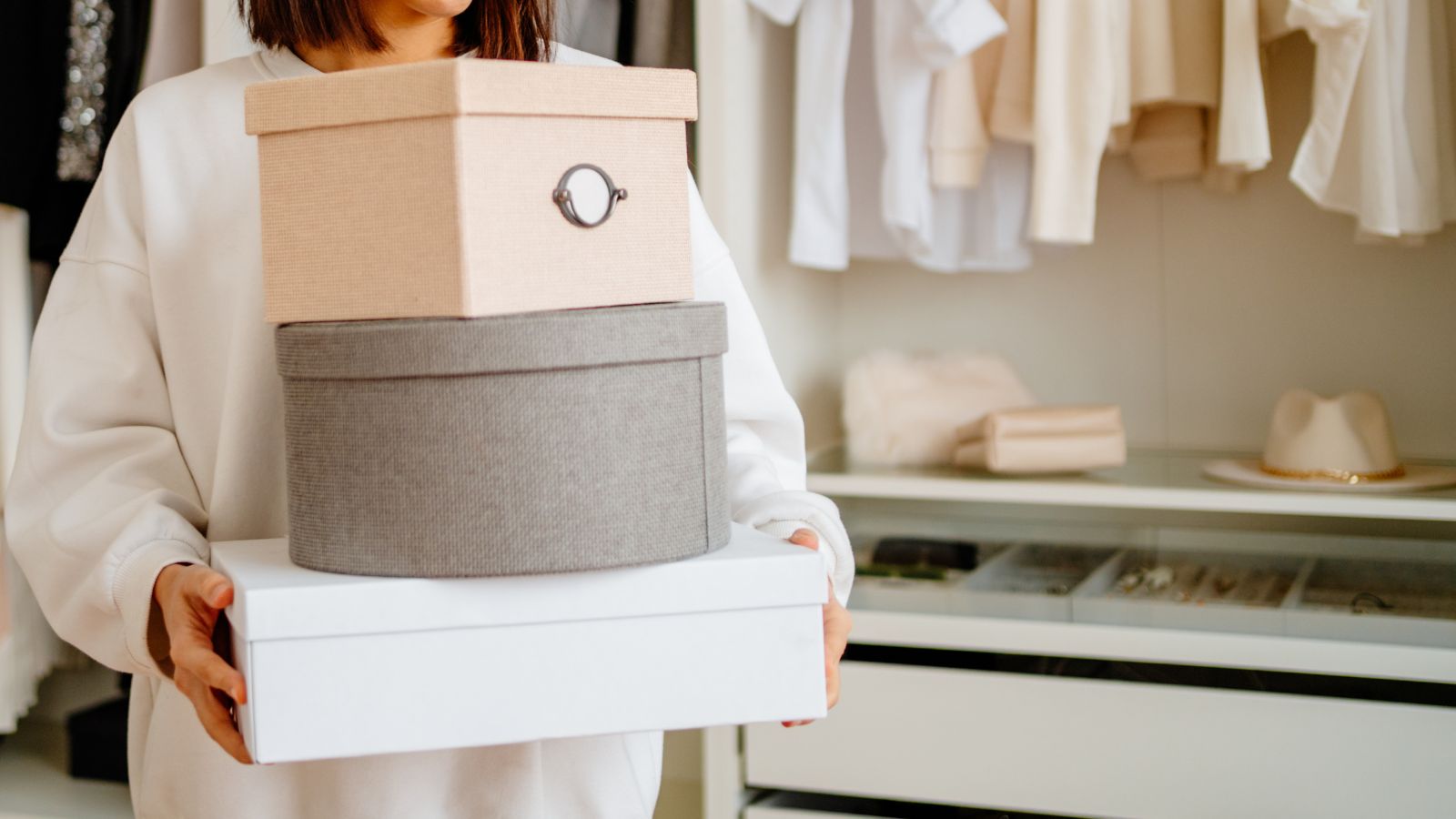

The most common strategy for dealing with clutter is to declutter your home repeatedly, but are we overlooking simple ways to prevent clutter from accumulating in the first place?
Stopping clutter before it starts not only saves you time and energy on decluttering but saves money at home too – and all you need is a few mindful shopping habits, professional organizers say.
This is how to stop clutter before it starts, and why prevention is always better than the cure.
How to stop clutter before it starts
Trying to create a home where the surfaces are always clear and your cabinets always have space is a great goal, but it will be unachievable if, every time you declutter, you treat yourself to a shopping trip as a reward. This is why a proactive, preventative approach is preferred.
1. Try a 30-day purchase freeze
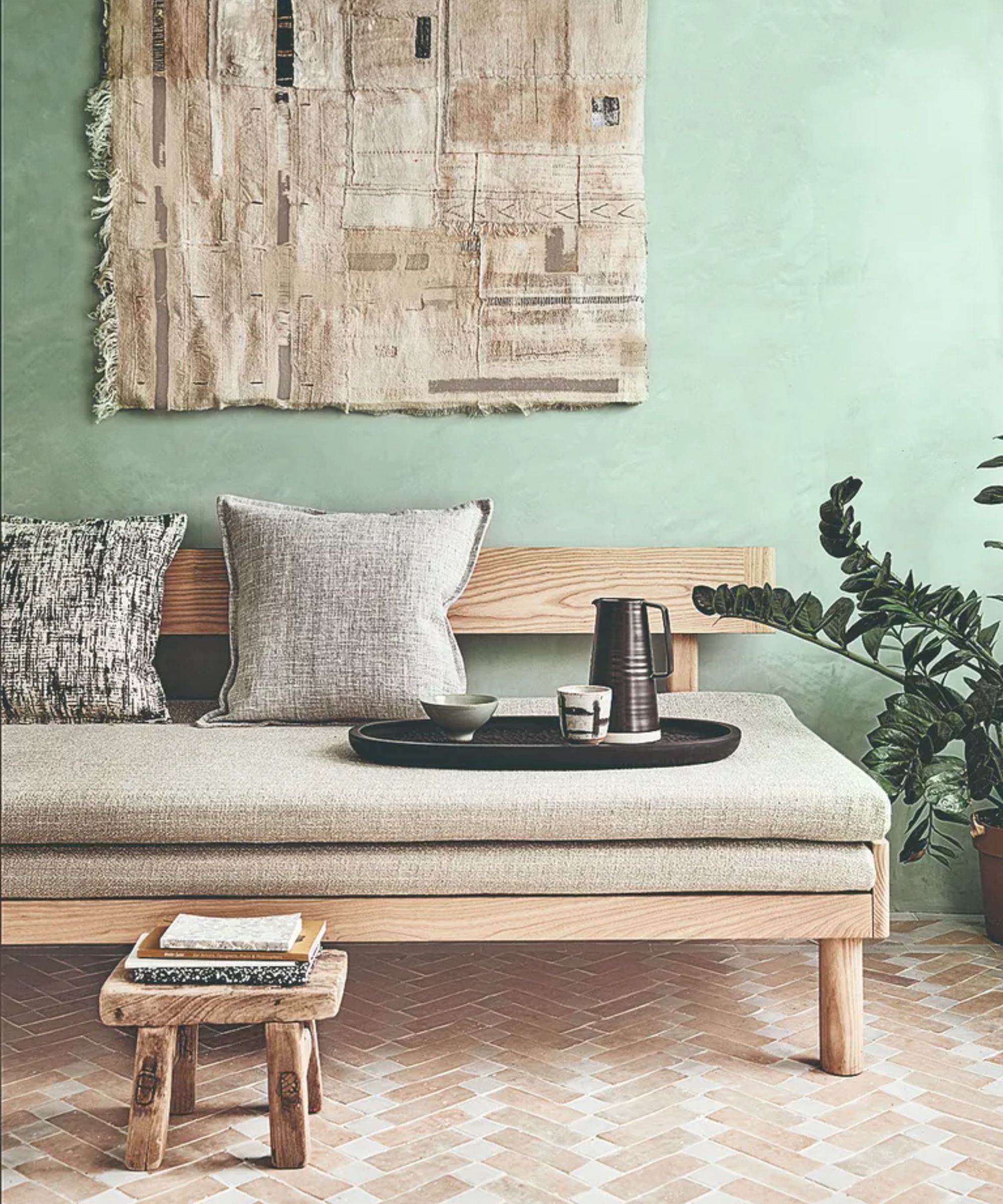
If you are up for a challenge, something like a 30-day purchasing freeze can be a great way to break the stages of clutter, save money, and prove to yourself how little you need to be spending each month, begins Star Hansen, professional home organizer, and clutter whisperer:
‘It’s so easy to purchase things instantly, but this leads to piles of boxes to open, returns that may never be sent, and money wasted. Instead of instantly making a purchase when you have the urge, give yourself a 30-day spending freeze.’
This method is a great way to whittle out the non-essentials and can force your mind to find alternative sources of dopamine if you often find yourself shopping when you are feeling low. The shopping ban does not, of course, cover essentials. Just be sure when shopping for essentials like groceries, you have a list that you stick to and do not buy more than you need or get suckered into cash register deals and offers. For everything else, Star suggests writing a list that you can revisit after 30 days.
‘You’ll be amazed at how many unnecessary things end up on the list,’ she says. ‘If there’s something you still want after the 30 days, you’re safe to buy it.’
2. ‘Watch the front door’
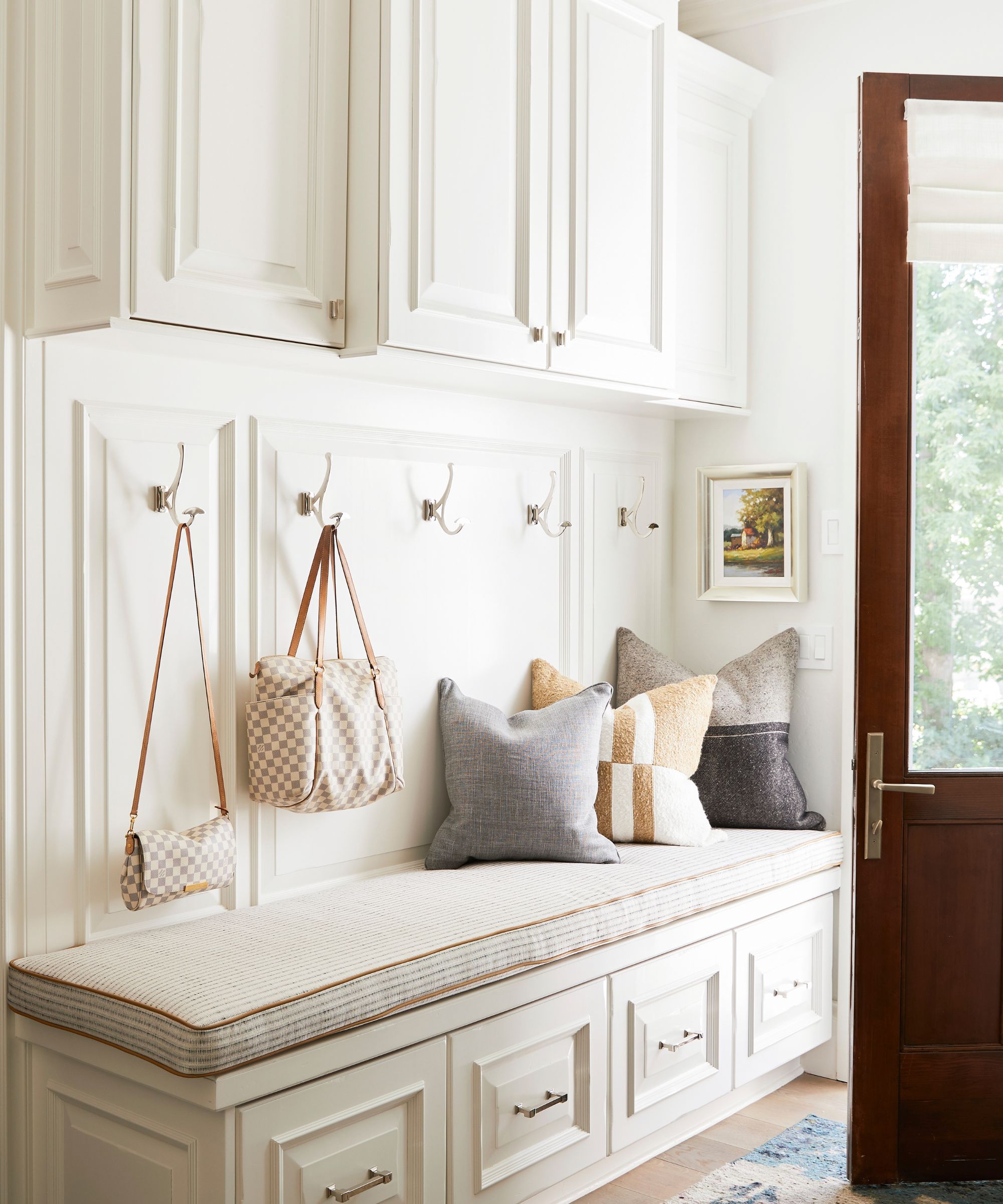
An impulse purchase might not seem like clutter when you first pick it up in the store or press 'order' online, but as soon as it comes through your front door, it can quickly become surplus to purpose. For this reason, Kate Pawlowski, professional organizer and Founder of Done and Done Home suggests ‘watching the front door’ and using it as a purchase barrier:
‘Stopping clutter before it enters the home is essential to maintaining efficient systems. We tell our clients and followers to "watch the front door" which means that everything that comes in must have a place and a use.
‘Two things people can do to help them manage their shopping habits is to firstly shop intentionally and secondly stop impulse buying. Mindlessly buying things, whether online or in person, adds hugely to the clutter in homes. We always say, "If it's not a heck yes then it's a no". Walk away from the item just because it's on sale or because it caught your eye in the checkout lane.’
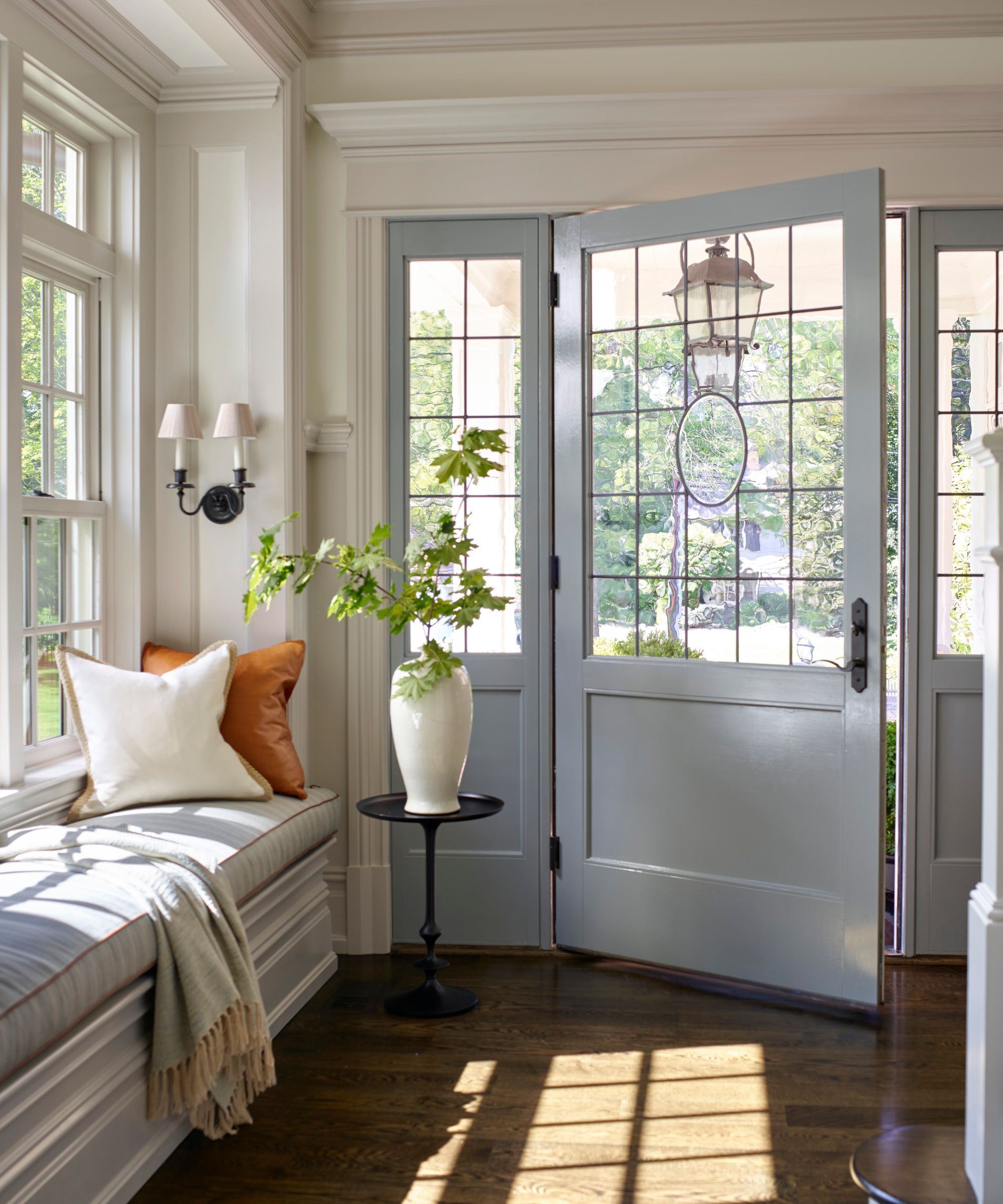
Another way you can use your front door as a clutter barrier is to use the one-in, one-out method, add Ashley Murphy and Marissa Hagmeyer, Co-Founders of NEAT Method – ‘Avoid clutter accumulating over time by making an effort to donate or toss one item for every new item you bring into your home. This is even more effective if you focus on removing an item from the same location and category as the new item.’
3. Think of storage when shopping
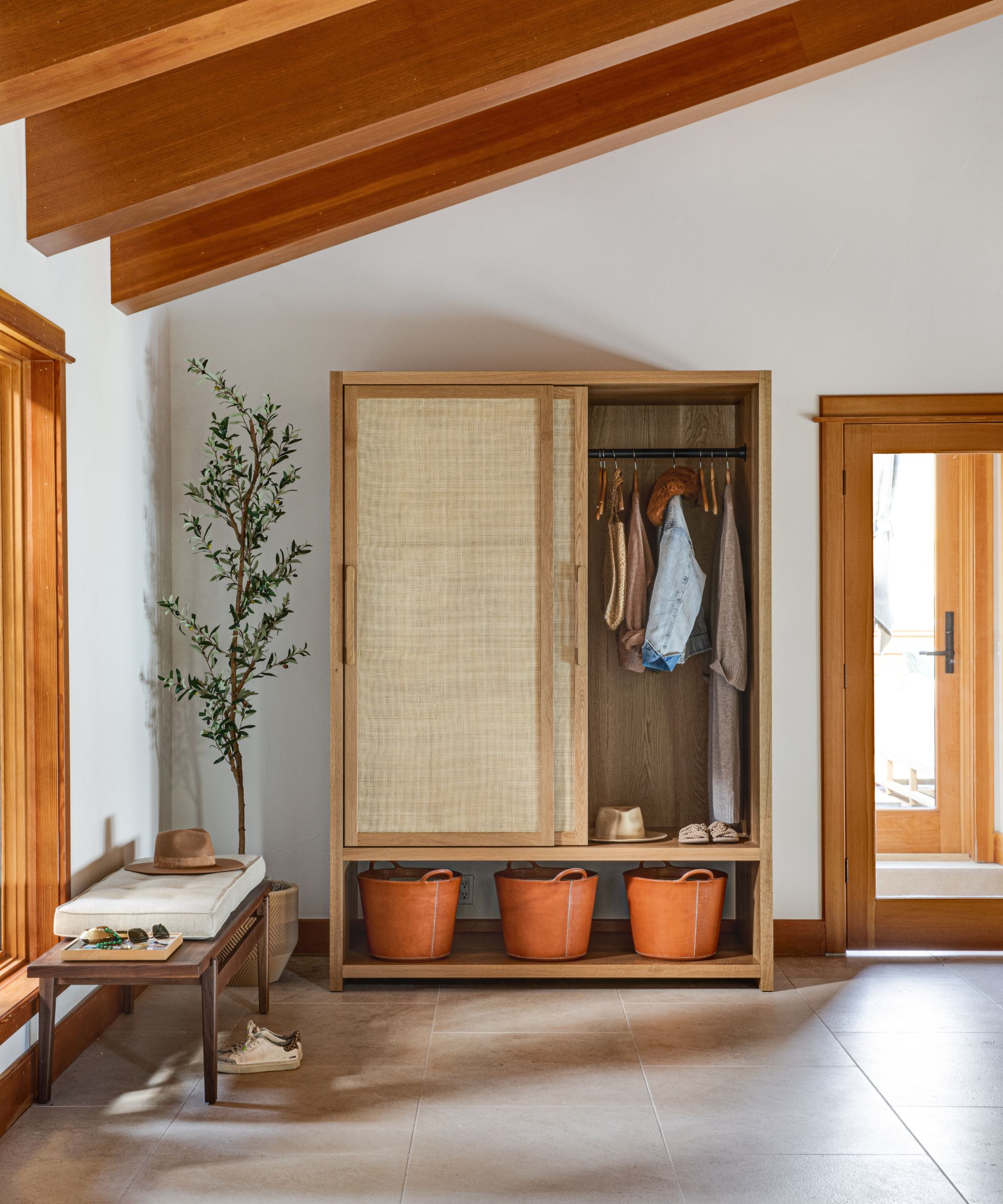
Your home storage can be another cluttered barrier for your home, helping to control your purchasing, Ashley Murphy and Marissa Hagmeyer of NEAT Method continue.
When shopping, ask yourself where this item will live, they urge. ‘Is there room in said bin, basket, or drawer? If not, this is an indicator that you either should not purchase it or are in need of a good edit of the space first. This can apply to shopping for anything from food to shoes.
4. Keep a wishlist to avoid impulse buys
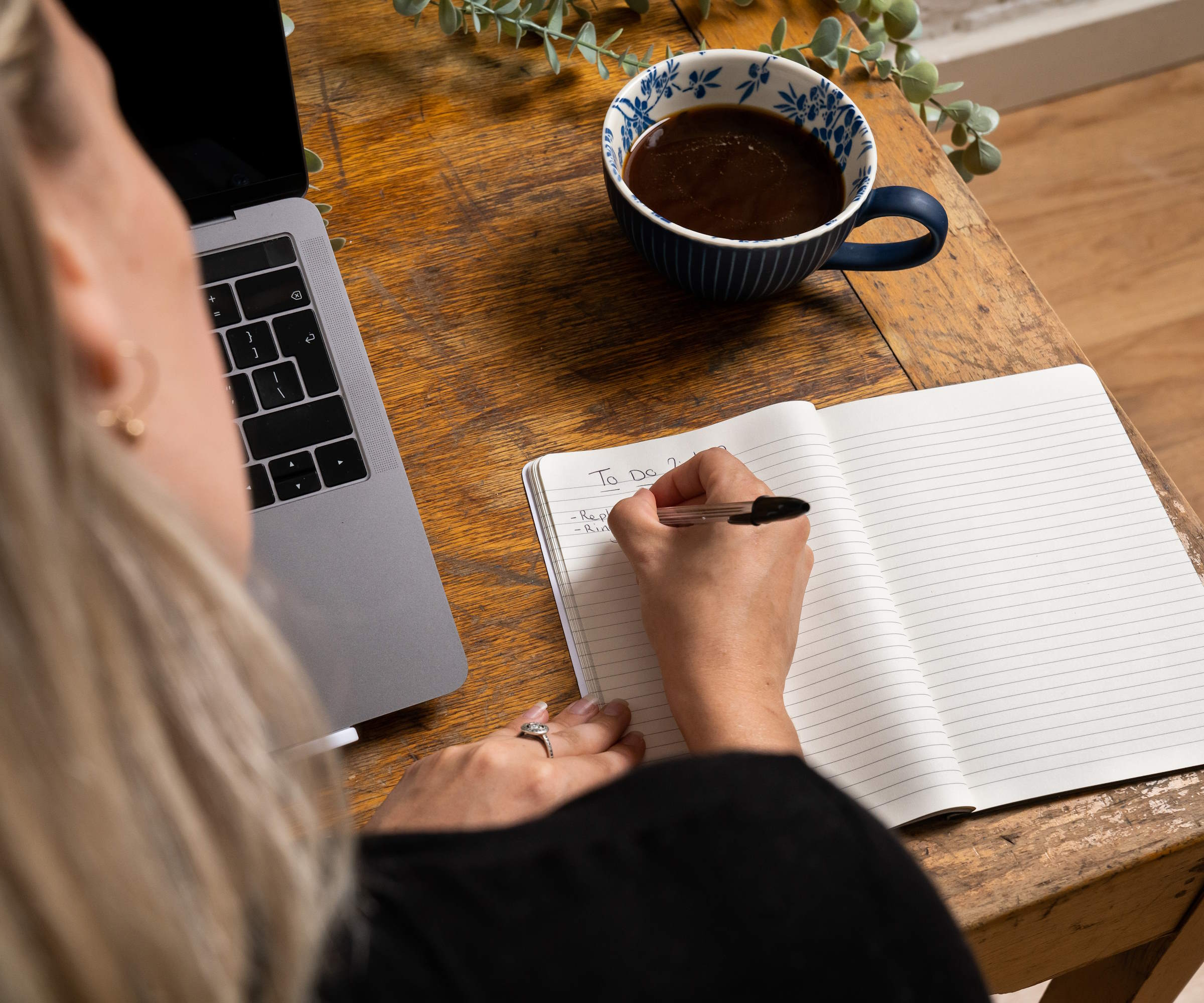
To avoid falling through the five stages of clutter, Cori McDougald, professional home organizer and CPO of Meat & Potatoes Organizing recommends using a wish list for everything you want to buy that is not a life essential (i.e. food, toiletries, medicines, etc.). It is an easy habit to keep your home clutter-free and your wallet a little fuller, she says.
‘The urge to purchase items that are seen on Instagram, TikTok, or Amazon is extremely hard to suppress. Companies also make it super easy to make a one-click purchase, further complicating the purchasing issue.
‘When working with our professional organizing clients, we have found that although these items may initially be intriguing or potentially come in handy, most of the time they end up not being used and we donate them anyway. Because of this, we teach a rule about shopping using the Notes app on our phones. We recommend starting a wish list. When you come across an item you like or think you need, write it down on the list.’
Cori then recommends revisiting the list in a day or so, perhaps even a week, and seeing if you are still as excited about that item as you were when you added it, asking yourself the essential questions to ask yourself before buying anything. ‘Oftentimes, our shopping urges will decrease in each of those timeframes, unless it is truly something we need.’
5. Keep things visible at home
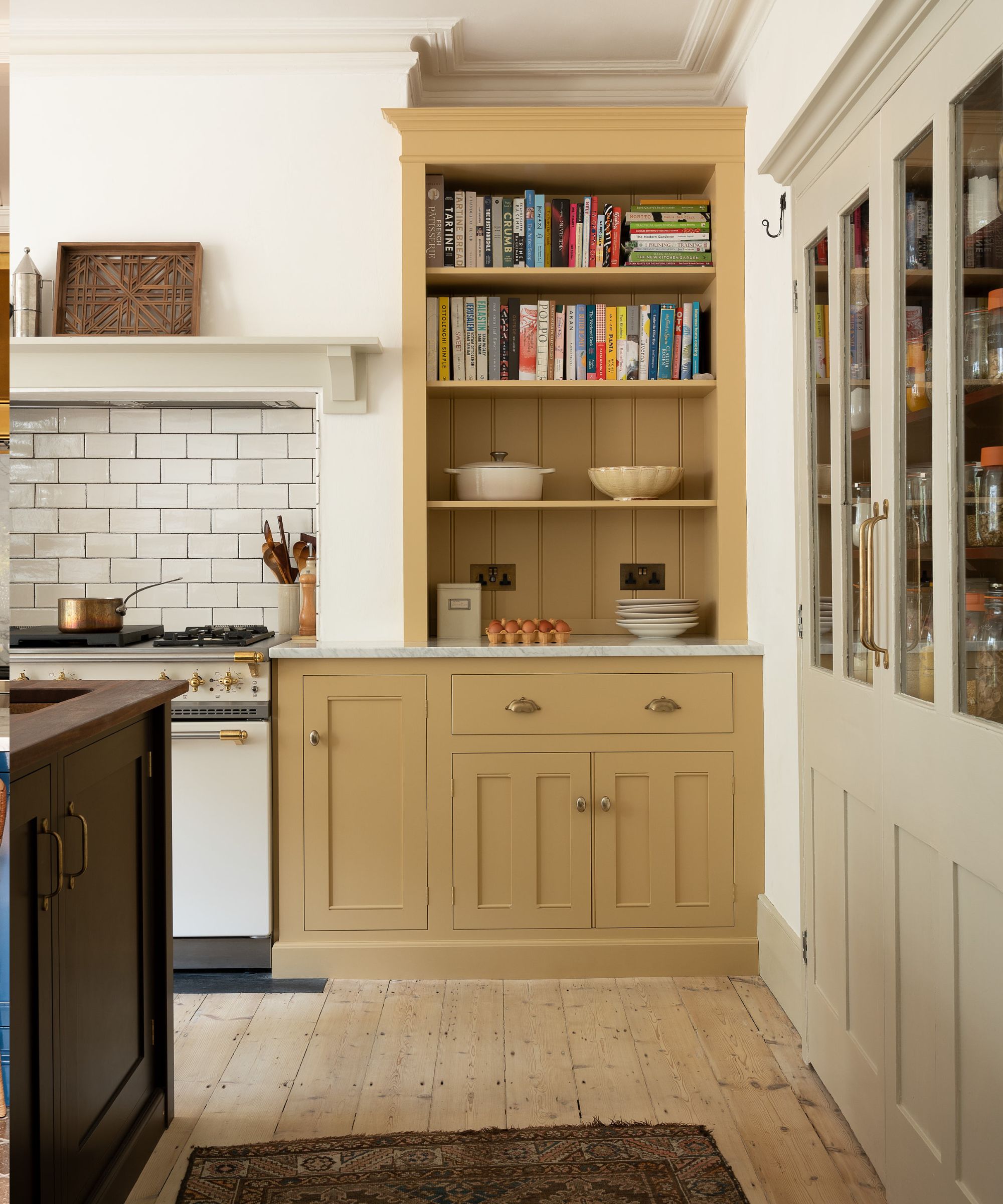
It might not be obvious, but your home organization can play a huge part in your shopping habits. A house where you cannot find anything or have backstock tucked away out of sight will cause you to buy more than you need, only to find you already have something similar at home.
For this reason, you must organize your space so that you can see everything, says Ashley Murphy and Marissa Hagmeyer of NEAT Method:
‘If you can quickly see what you own, you will have a better pulse on stock. This can help prevent overbuying and expired food in the pantry, and a surplus of duplicates in the closet. Identify any items that are hiding and implement a storage solution to keep them within sight. Editing excess can also help with visibility.’
FAQs
What is a minimalist approach to shopping?
A minimalist approach to shopping involves only buying the absolute essentials needed to meet your needs and keep you satisfied. This means questioning every purchase to make sure you will use it and that it will have a place in your home to live without it getting in the way. This doesn't mean cutting out all personal shopping, however. You can still buy items solely to make you happy but they should be carefully considered and few and far between so that each one is meaningful and you don’t start to rely on shopping for dopamine.
How do I stop my temptation to buy things?
There are several ways to reduce the temptation to impulse purchase items. Firstly, you can try making wishlists and revisiting them every week to check for items you still want, and items that no longer excite you. When shopping online, you can remove your card details from the app or website so that you have to manually enter them every time. When shopping in-store, write out a strict shopping list and challenge yourself to stick to it, soon it will become a habit to beeline for the essentials and avoid the sale aisle.
These five simple shopping mindset shifts to prevent clutter can be game-changing for both your home and your mental health. Remember that if you are struggling to cut down your spending habits, it is okay to talk to a friend, family member, or a professional for help. Relying on spending to improve mood can be a tricky cycle to break, but it is possible with help and commitment to your new goal. You will often find yourself far better off for it.
Sign up to the Homes & Gardens newsletter
Design expertise in your inbox – from inspiring decorating ideas and beautiful celebrity homes to practical gardening advice and shopping round-ups.

Chiana has been at Homes & Gardens for two years and is our resident 'queen' of non-toxic living. She spends most of her time producing content for the Solved section of the website, helping readers get the most out of their homes through clever decluttering, cleaning, and tidying tips. She was named one of Fixr's top home improvement journalists in 2024.
-
 Garden experts warn against overcrowding flower beds – why this on-trend look is the worst thing you can do
Garden experts warn against overcrowding flower beds – why this on-trend look is the worst thing you can doIt's tempting to create an abundant, overflowing garden bed, but it can limit your plants in more ways than one
By Tenielle Jordison Published
-
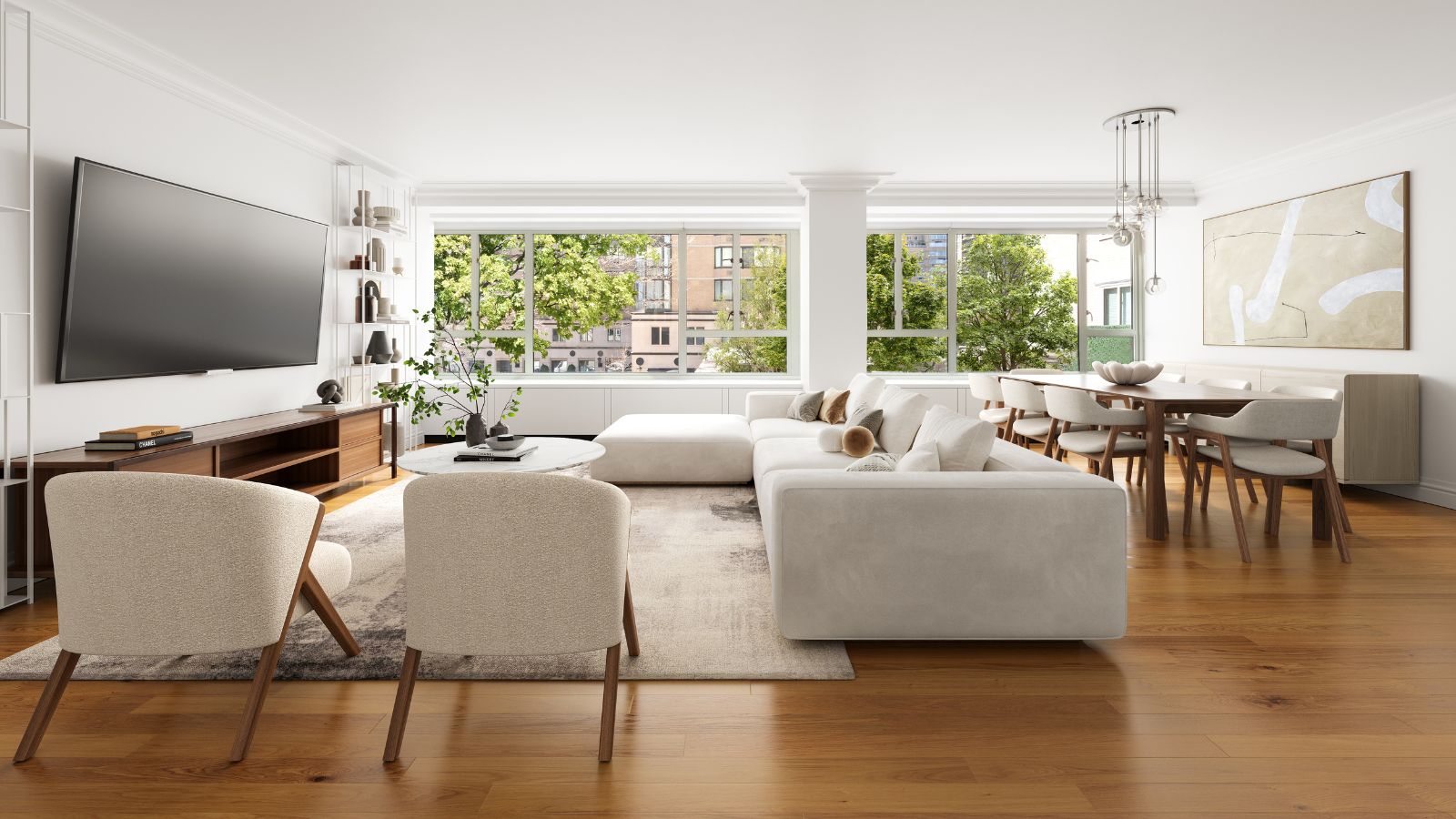 Grace Kelly's former living room set the blueprint for quiet luxury – you can explore her NYC penthouse (listed for $3.25 million)
Grace Kelly's former living room set the blueprint for quiet luxury – you can explore her NYC penthouse (listed for $3.25 million)A unit in the storied Manhattan House, where Grace Kelly, Benny Goodman, and Shirley Jackson have lived, has hit the market – it's a masterclass in neutrals
By Hannah Ziegler Published